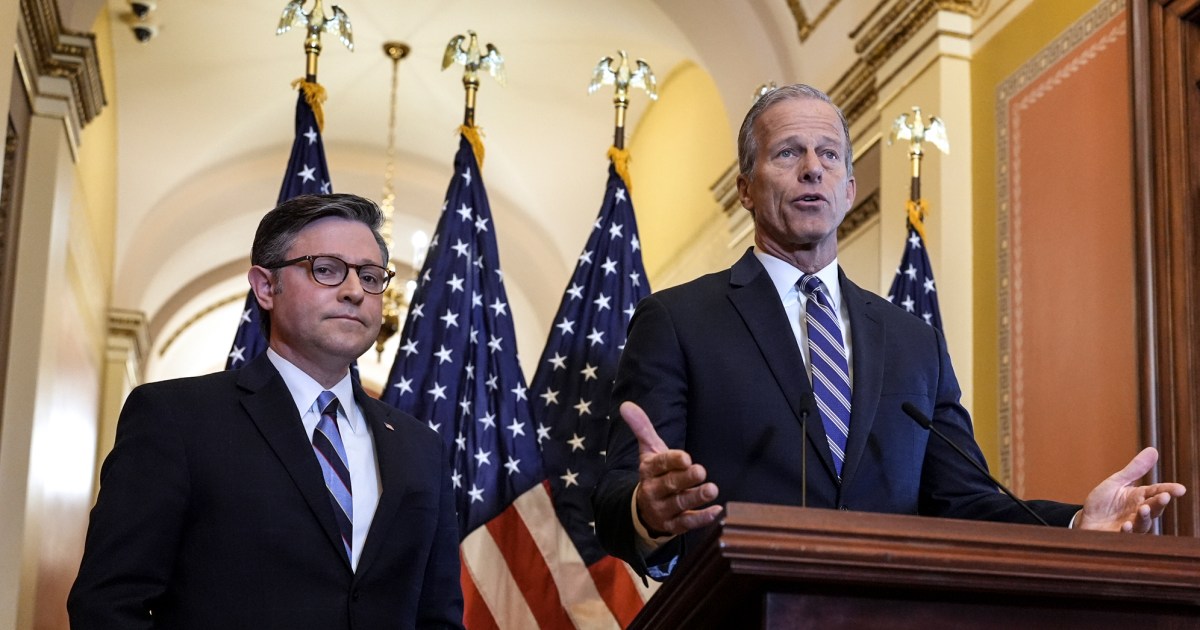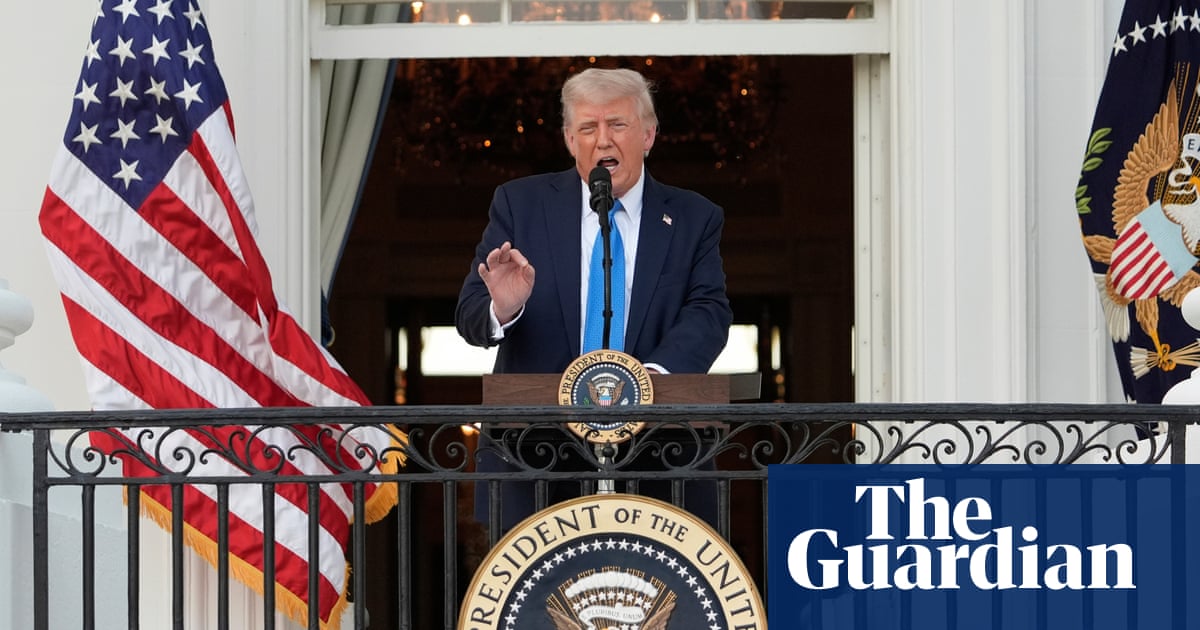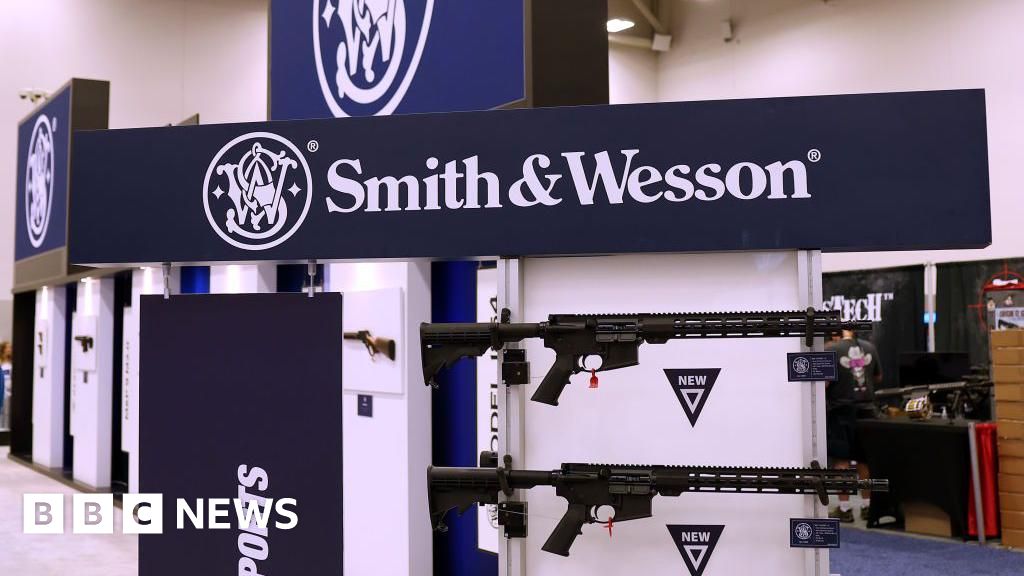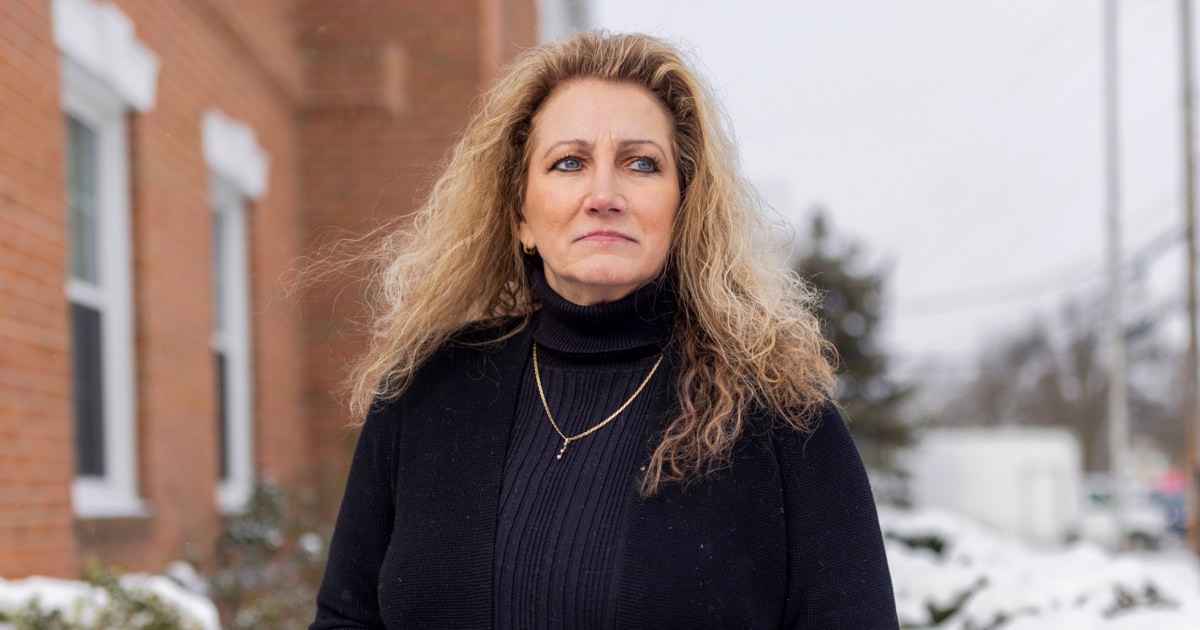The suit accused gunmakers of contributing to Mexico's gun violence struggles and challenged a US shield law.

www.bbc.com
The US Supreme Court has blocked a lawsuit brought by Mexico that sought to hold American gunmakers accountable for playing a role in country's struggle with drug cartels.
The court voted 9-0 to reject the suit, in the process upholding a 2005 law that shields gun manufacturers from liability if weapons they produce are misused.
Mexico's government had argued that the "flood" of illegal guns across the border is a result of "deliberate" practices by US firms that they say appealed to cartel members with their products.
The decision overturns a lower court's ruling that allowed the suit, brought against manufacturer Smith & Wesson and wholesaler Interstate Arms, to proceed.
The case concerns a claim brought by Marlean Ames, who said she was treated unfairly at work because she is straight.

www.nbcnews.com
The
Supreme Court on Thursday revived a woman's claim that she was discriminated against at work because she is straight.
The unanimous ruling could make it easier in some parts of the country for people belonging to majority groups to bring such “reverse discrimination” claims. It overturns precedent in some lower courts that says someone from a majority group has to meet a higher bar than someone from a minority group for a case to move forward.
Marlean Ames sued the Ohio Department of Youth Services under Title VII of the Civil Rights Act, which prohibits sex discrimination in the workplace, after a lesbian woman obtained a promotion she had applied for. She was later demoted, and her old position was taken by a gay man.
The Supreme Court on Thursday cleared the way for a Catholic Charities chapter in Wisconsin to secure an exemption from certain state taxes in a decision that could expand the type of religious entities entitled to tax breaks under the First Amendment’s protections for religion.
It was the latest in a series of decisions from the Supreme Court in recent years that have sided with religious groups on everything from public funding for sectarian schools to allowing coaches to offer private prayers on the field after high school football games.
“It is fundamental to our constitutional order that the government maintain ‘neutrality between religion and religion,’” Justice Sonia Sotomayor wrote for a unanimous court.





































